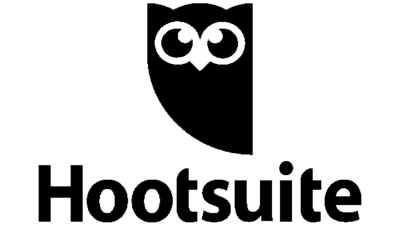Google’s Passage Indexing Update and What It Means For You
In late 2020 Google announced an update to their organic search ranking algorithm known as Passage Indexing. Earlier this year Passage Indexing actually rolled out in the United States.
So, What is Passage Indexing?
Formerly when Google would rank a page, they would rank the content on the page as a whole. The update allows Google to look for meaningful content on the page that may answer a search query and provide just that section to a user within the SERPs. The entire page and its content will still be indexed by Google.
The Passage Indexing update is not a sweeping update that will have a major negative impact on your organic site traffic. A more likely scenario is that your more long form content will see a boost in traffic as Google is able to parse out more relevant sections for users. Ultimately Google is anticipating this update to impact on 7% of all searches.
For Example?
So let’s look at an example of how this works. Let’s say we have a article titled “How To Build A Great Paid Search Campaign”. Within this article we have multiple sections focused on different aspect of paid search. One section is titled “Keyword Match Types”.
Traditionally, if a user is searching for information on keyword match types our article would not rank very high because the information the user wants was just a portion of what our article was about. With the new Passage Indexing update Google can pick out our section on keyword match types and serve that to the user within SERPs.
What Can We Do To Take Advantage of This?
There are a number of different things you can do to take advantage of this update.
- Focus on long form content: As previously mentioned, long form content should see a boost in rankings and traffic from this update. This means not only writing new long form content, but updating long form content already on your site to ensure its accuracy and relevancy
- Update Passage Headings Within Your Content: Make sure the headings within your content are keyword optimized so Google can easily pull them when needed.
- Users are becoming more prevalent in search results: Focusing on what a user wants to read as opposed to what a bot wants to crawl is becoming more and more important. Google has been moving this way for some time and this update is a big jump forward in that process.
As always, EdwardsSchoen is here to help you navigate any changes and updates Google puts out. Please reach out if you have any questions!
Recent Posts
- Diversifying Enrollment: Strategies for Attracting a Wide Range of Students to Private Postsecondary Institutions September 14, 2023
- XR and the Transformation of Online Education August 24, 2023
- Key Takeaways From the 2023 State of Social Media Report July 25, 2023
- SEO: Why It Stays Important and How to Get Key Decision Makers Onboard June 22, 2023
- Revolutionizing Content Generation: Harnessing AI June 9, 2023










